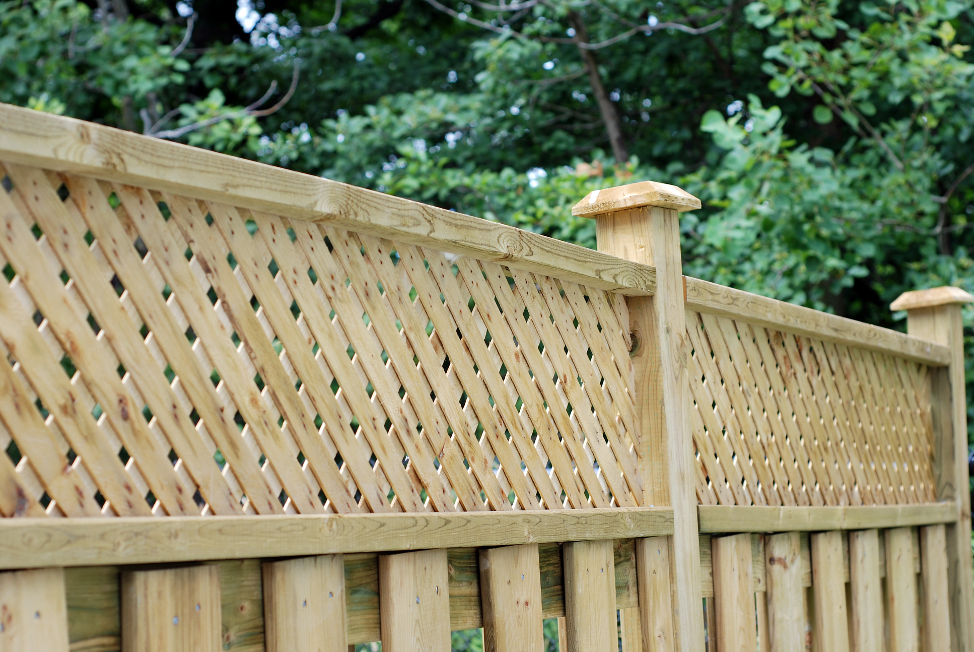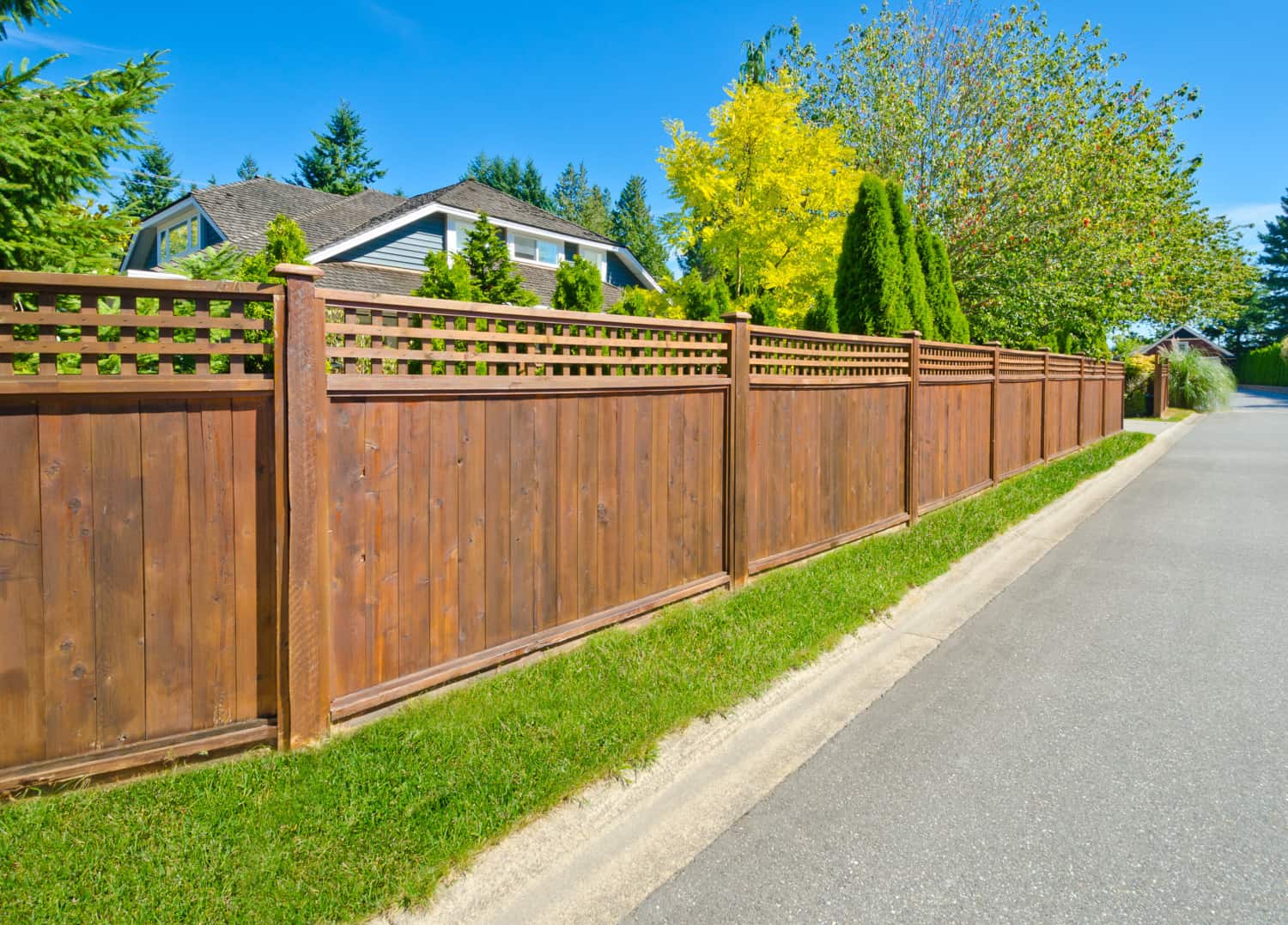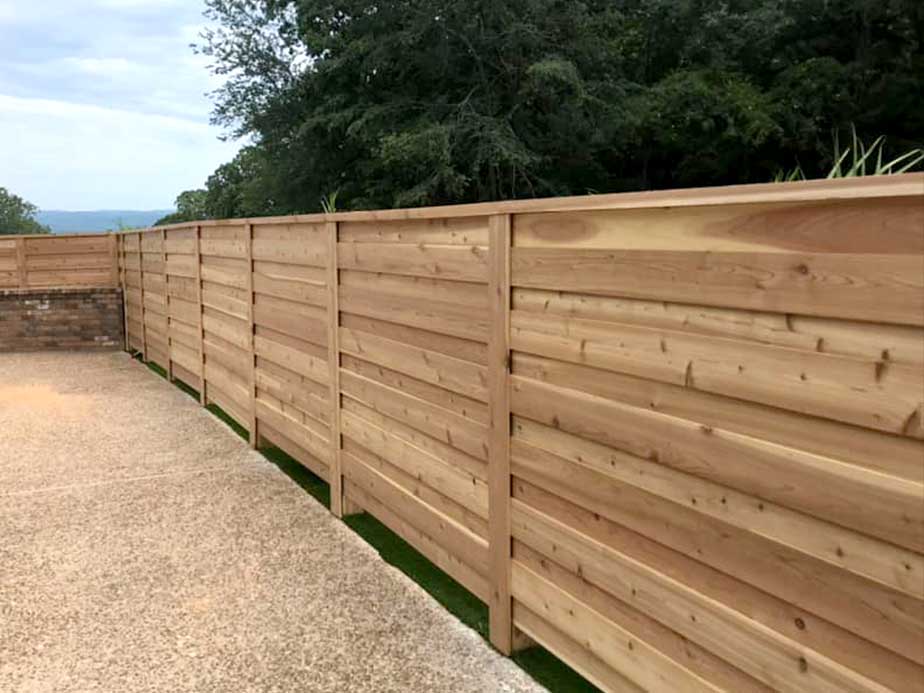All Categories
Featured

Choosing the appropriate secure fencing material is crucial for attaining the balance of durability, appearances, and performance that suits your residential property. Timber, vinyl, and aluminum are prominent choices, each with distinct attributes that cater to certain requirements. Right here's an extensive look at the advantages and downsides of these 3 materials.
Timber Secure Fencing. Pros:. Classic Charm: Timber uses an all-natural, traditional look that complements various building styles. Adjustable: It can be painted or stained in a range of styles and shades. Cost effective: Timber fencings are usually less expensive ahead of time than vinyl or light weight aluminum. Eco-Friendly: As a renewable energy, wood is eco-friendly and sustainable when sourced responsibly. Cons:. Maintenance-Intensive: Calls for regular discoloration, paint, or securing to secure versus weather and bugs. Much Shorter Life-span: Depending on the sort of wood and climate, it generally lasts 10-15 years. Vulnerability to Damages: Prone to decaying, bending, and termite damage without correct treatment. Wood is suitable for home owners that value visual appeals and want to spend time and initiative in upkeep to extend its life.
Vinyl Fence. Pros:. Resilient: Immune to bugs, rot, and climate, vinyl maintains its structure in extreme problems. Low Upkeep: Needs little maintenance past periodic cleansing. Long Life expectancy: Vinyl can last 20-30 years without substantial wear or damage. Versatile Styles: Offered in numerous colors, textures, and styles, including options that mimic wood. Disadvantages:. Costly Setup: Vinyl fences are extra costly to install contrasted to wood. Brittle in Winter: Vinyl can split in severe chilly environments. Challenging to Repair: If harmed, entire areas might need substitute, which can be testing to match. Plastic fencing is a terrific selection for those prioritizing durability and very little maintenance, also if it comes with a higher in advance price.

Light Weight Aluminum Fence. Pros:. Rust-Resistant: Light weight aluminum does not corrosion, making it suitable for wet or damp locations. Solid yet light-weight: Offers strength without being extremely heavy, which streamlines setup. Low Maintenance: Needs little greater than cleansing and periodic repainting. Durability: Aluminum fences can last for decades without substantial deterioration. Sophisticated Designs: Commonly made use of for ornamental purposes, light weight aluminum includes class to any type of residential property. Disadvantages:. High Preliminary Cost: Aluminum fencings are amongst the a lot more pricey choices. Restricted Privacy: Usually developed with open areas, they don't block views or noise. Vulnerable to Damages: While durable, light weight aluminum can be dented or bent with heavy influence. Light weight aluminum is ideal suited for those who want a durable, stylish fencing and do not call for full personal privacy.
Making the Right Option. Each product has its weak points and staminas:

Timber is perfect for eco-conscious buyers and conventional visual appeals who do not mind upkeep. Plastic benefits house owners seeking a weather-resistant, low-maintenance solution. Aluminum is a sturdy, decorative choice for those that desire sophistication and longevity. Consider your concerns-- whether it's price, privacy, upkeep, or look-- and seek advice from a secure fencing expert to pick the product that best meets your needs. A well-selected fencing will certainly improve your property for years to find.
Latest Posts
Check Out Outstanding Car Repair Care from Montclare Auto Repair – Keep Your Car Running Smoothly
Published May 24, 25
1 min read
Discover the Best Auto Repair Coupons in Montclare, Chicago
Published May 23, 25
1 min read
Discover WyHy FCU – The Key to Superior Financial Services in Wyoming
Published May 22, 25
1 min read
More
Latest Posts
Check Out Outstanding Car Repair Care from Montclare Auto Repair – Keep Your Car Running Smoothly
Published May 24, 25
1 min read
Discover the Best Auto Repair Coupons in Montclare, Chicago
Published May 23, 25
1 min read
Discover WyHy FCU – The Key to Superior Financial Services in Wyoming
Published May 22, 25
1 min read